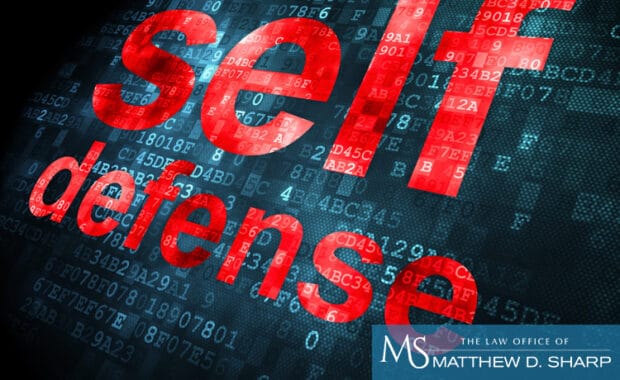Perjury Laws in Texas
When someone is called to testify in a court of law, they are asked to swear to tell the complete truth. They are asked to take an oath regarding their honesty while they are delivering testimony during a trial. When a person takes this oath and agrees to tell the truth, they are also agreeing that there may be consequences if they fail to do so.
It is not against the law to make a mistake while delivering testimony in court. After all, it is common for people to forget details of an event as time passes. However, a person who intentionally and knowingly fabricates the truth while under oath may face legal consequences.
What is Perjury and Aggravated Perjury?
According to Texas Penal Code Chapter 37.02 and 37.03, perjury is a criminal offense that occurs when a person:
- Has intent to deceive the court or the person asking a question
AND
- Intentionally delivers a false statement or swears to the truth of a false statement made previously
This definition can have serious implications on a court case. For example, if Alicia and Rosa witness their friend commit a robbery, they may be called as witnesses. Alicia tells the court exactly what she saw while Rosa swears that the person who committed the robbery was actually out of town at the time. Obviously, Rosa is deliberately issuing a false statement with the intent to deceive the court about the events that happened that day. Rosa may be charged with perjury.
Aggravated perjury is a much more serious offense. This crime occurs when someone intentionally makes a false statement while under oath and that false statement is connected to an official proceeding and is material to a case. An official proceeding could be an ongoing investigation or a court case. A “material” statement is one that could have a profound impact on the outcome of a case.
For example, if Anderson is asked to give testimony about money that was stolen from his workplace, he may be asked if he saw the money before it was taken. If Anderson says that he never saw the money but a security camera recorded him moving the money, he may be charged with aggravated perjury. This is because Anderson is intentionally trying to deceive the court about the cause of the missing money.
How is Perjury Charged?
In most cases, a person will be charged with perjury once it is discovered that they have lied while under oath. Often, this may not happen right away. It may take days, weeks or months for the truth to come out. However, once this information is revealed, charges can be pressed and an arrest may be made.
In some cases, a person may be caught committing perjury during a trial. If this happens, that person may be banned from the proceedings and the jury may be asked to disregard their testimony.
Legal Penalties
Perjury is a very serious offense in the state of Texas. Judges may tend to be especially harsh on perjurers because this crime can have a serious negative effect on the proceedings of an important case.
Perjury is a Class A misdemeanor. The punishment for this offense can include:
- Up to one year in county jail
- Up to a $4000 fine
The penalties for aggravated perjury can be much more serious. Aggravated perjury is a third degree felony in Texas. A person who is convicted of aggravated perjury may be sentenced to:
- Two to 10 years in Texas state prison
- Up to a $10,000 fine
In addition, a person who is found guilty of perjury may be charged with additional criminal offenses. For example, a person who commits perjury during an ongoing criminal investigation may be charged with obstruction of justice if their deliberate misinformation impedes the investigation in any way.
Have you been charged with perjury? You need the best legal defense possible. Contact attorney Matthew D. Sharp today at 713-868-6100.




